After the ’64 Military Coup, Brazil has its first former President indicted for attempting new dictatorship
31 de March de 2025
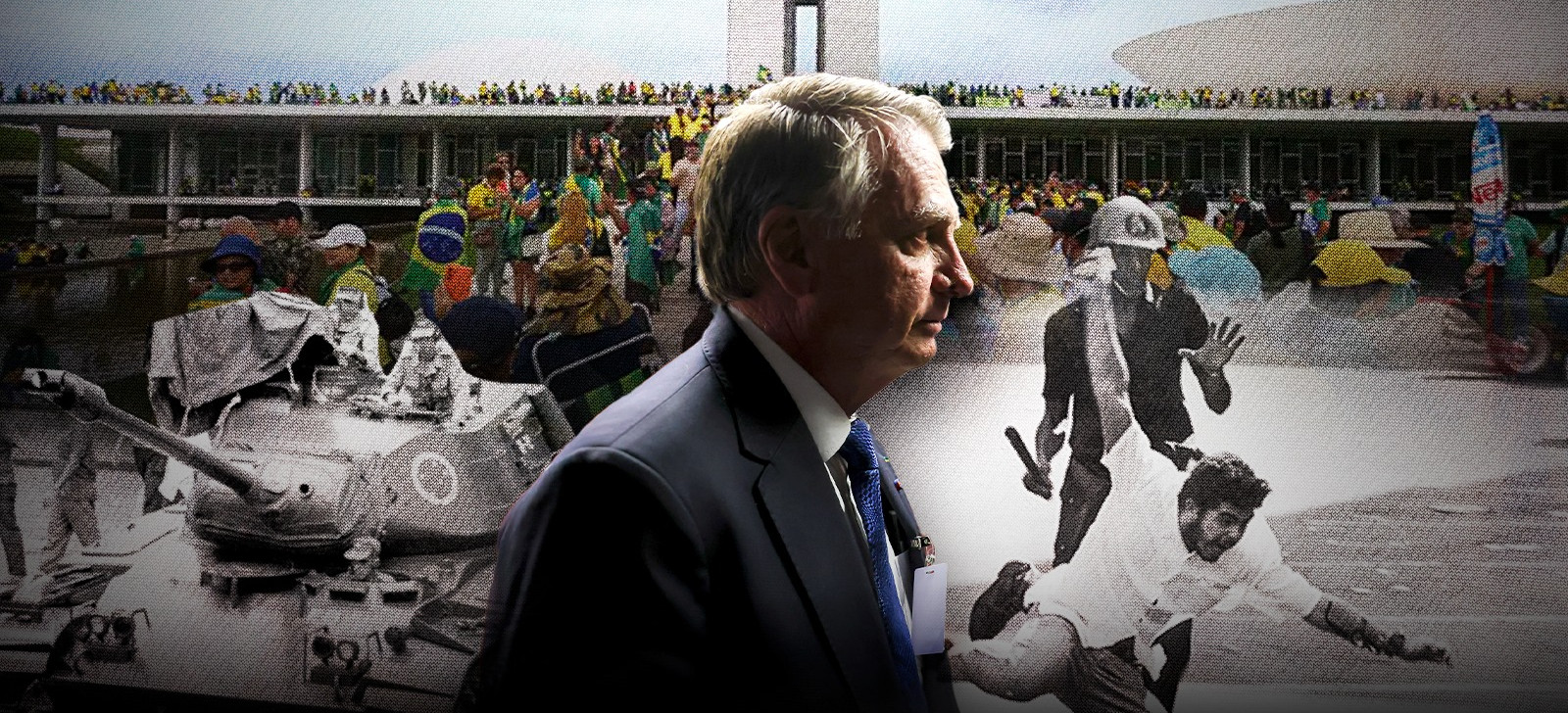
By Ana Pastana – From Cenarium
MANAUS (AM) – More than six decades after the military coup of 31 March 1964, Brazil has its first former President of the Republic to stand trial for attempting a coup d’état. Jair Bolsonaro (PL) and seven other allies, including high-ranking military officers, were indicted on 26 March for violently attacking the Democratic Rule of Law. According to the Prosecutor General’s Office (PGR), Bolsonaro led a “coup plot” against President Lula’s (PT) victory in 2022.
The court ruling marked a historic moment for the country, bringing a former leader to trial for actions that undermined democracy, in a context that echoes past authoritarian periods in Brazil’s history. The peak of this attempt to seize power came on 8 January 2023, when supporters of the former president stormed the buildings of the Three Branches of Government in Brasília (DF), aiming to incite a military coup to reinstate Bolsonaro as President of Brazil.
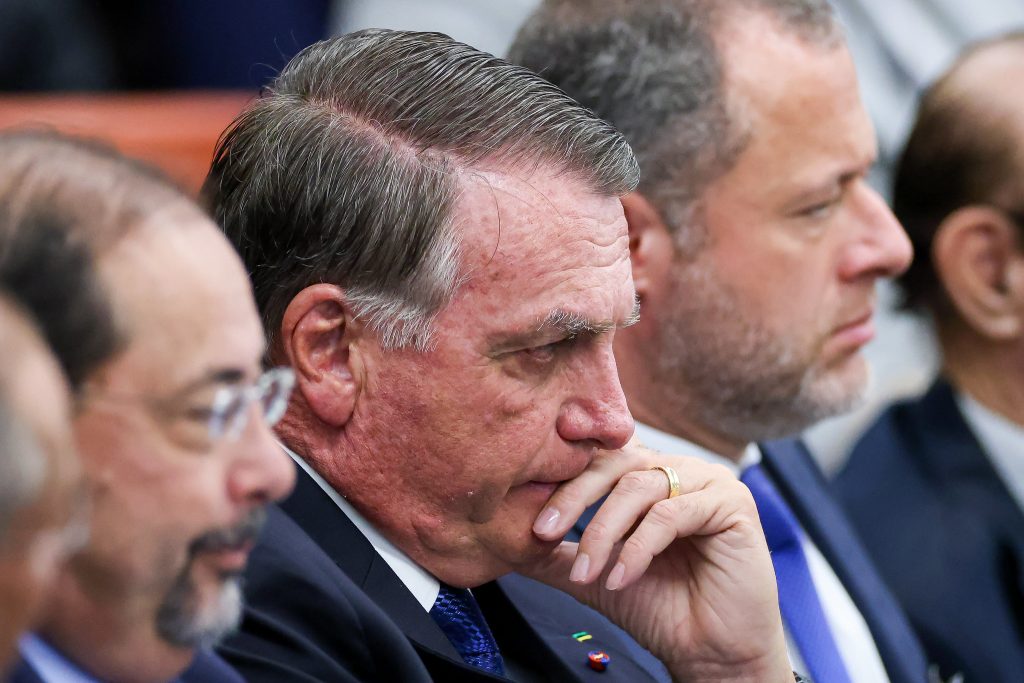
The First Panel of the Supreme Federal Court (STF) accepted the charges brought by the PGR, led by General Attorney Paulo Gonet, who identified Bolsonaro and seven allies as involved in the events of 8 January. The eight individuals were charged with attempting to violently overthrow the Democratic Rule of Law, attempting a coup d’état, participating in an armed criminal organisation, aggravated damage, and the deterioration of protected national heritage.
In the complaint submitted to the STF on 18 February this year, the PGR identified Bolsonaro as the leader of the so-called “Core 1” or “key group” in the plot to prevent Lula’s inauguration after the 2022 elections. Gonet also linked the attacks on electronic voting machines, protests on motorways and in front of military barracks, and even a plan to assassinate Lula, Vice President Geraldo Alckmin, and Supreme Court Justice Alexandre de Moraes as part of the group’s strategy.
Who Forms “Core 1” of the Coup Plot, According to the PGR:
- Former President of the Republic, Jair Bolsonaro
- Former Director of the Brazilian Intelligence Agency (Abin), now a federal deputy, Alexandre Ramagem
- Former Commander of the Navy, Admiral Garnier Santos
- Former Minister of Justice, Anderson Gustavo Torres
- Former Chief of the Institutional Security Cabinet of the Presidency, General Augusto Heleno Ribeiro
- Former Aide-de-Camp to Bolsonaro, Colonel Mauro Cesar Barbosa Cid
- Former Minister of Defence, General Paulo Sérgio Nogueira de Oliveira
- Former Minister of Defence and Bolsonaro’s vice-presidential candidate in 2022, General Walter Souza Braga Netto
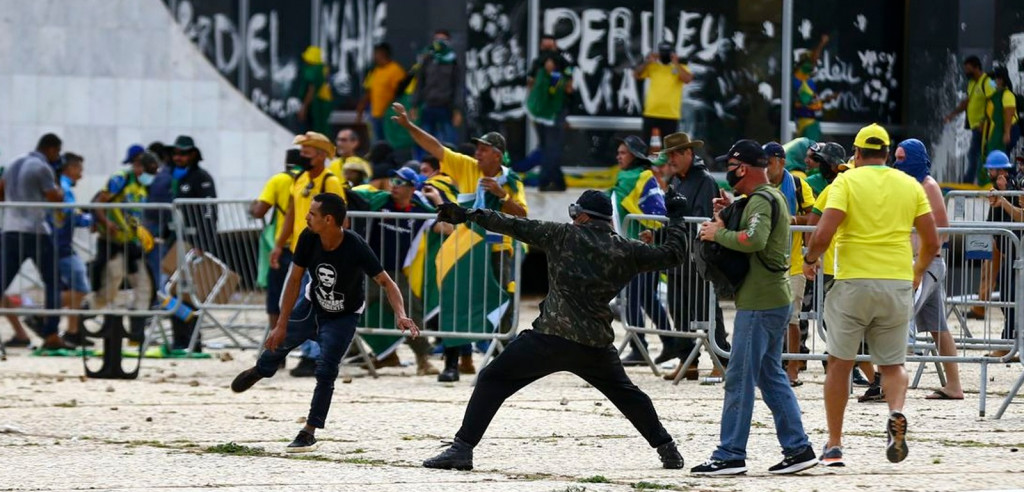
During the STF session, Justice Cármen Lúcia – who voted to accept the charges against the group – warned of the dangers of institutional breakdowns, emphasising that authoritarian regimes do not emerge suddenly but rather through a gradual and coordinated process over time. In her remarks, she reaffirmed the need for constant vigilance to preserve democratic achievements and prevent setbacks.
“Dictatorship kills. Dictatorship thrives on death – not only of society and democracy – but of flesh-and-blood human beings,” the justice declared, summing up the dangers that a regime of exception poses to individual freedoms and human life itself.
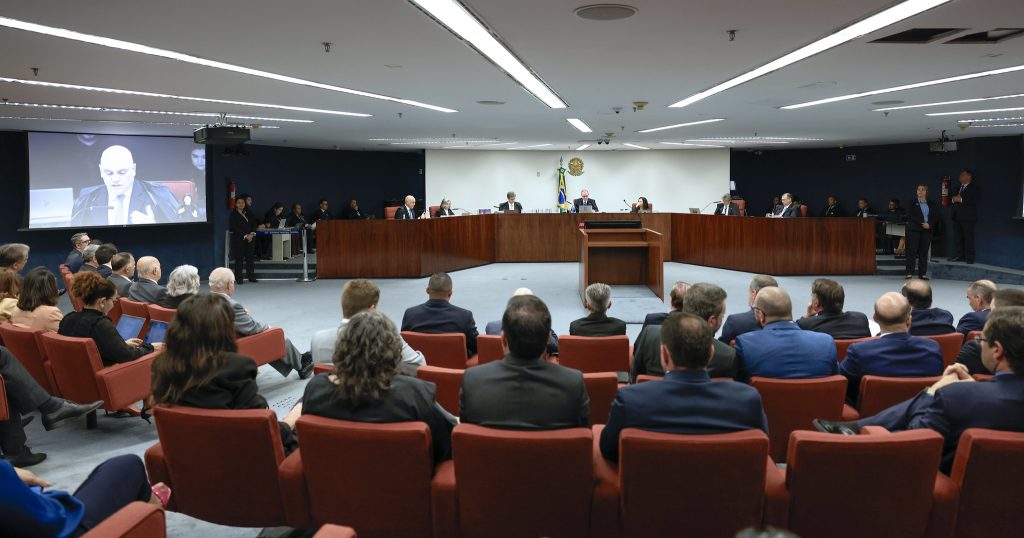
Justice Flávio Dino, who also voted to accept the PGR’s charges, stated that “a coup d’état kills,” referring to the anti-democratic acts of 8 January. “They say no one died, that on 1 April 1964 no one died. A coup d’état kills, whether on the day itself or years later. A coup d’état kills, whether on the day itself or years later,” he declared.
The 1964 Military Coup
Sixty-one years ago, on 31 March 1964, Brazil entered a period of violence, censorship, and repression against opponents of the regime. The Military Dictatorship, known as the “Years of Lead,” lasted for 21 years, saw five military governments, and implemented 16 institutional acts – legal mechanisms that superseded the Constitution.
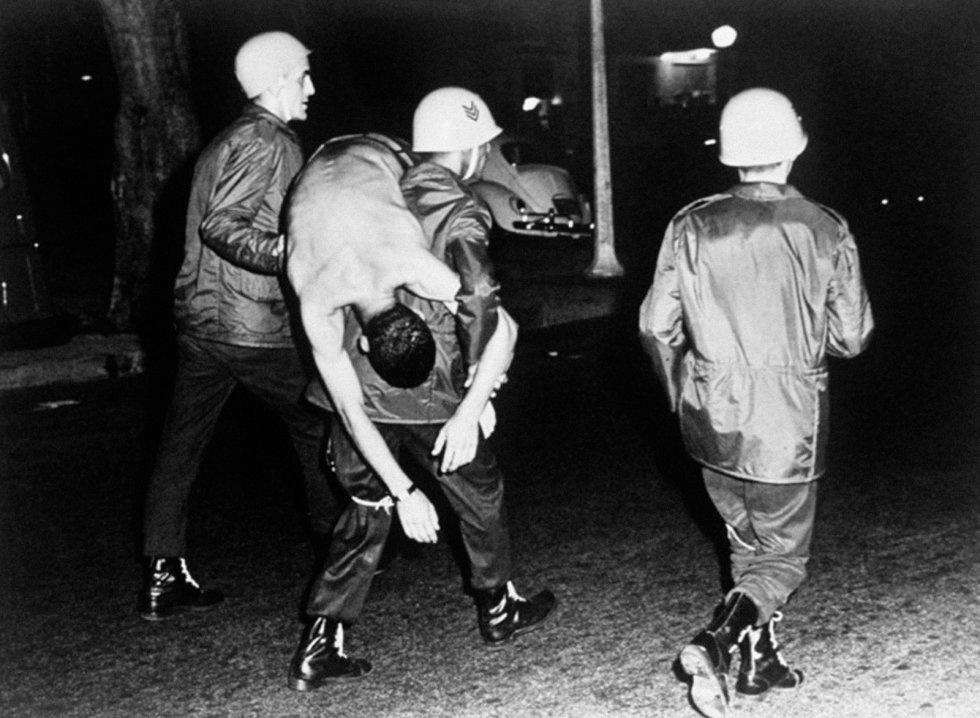
The military coup brought an end to the government of João Goulart, known as Jango. On that day, army tanks were deployed to Rio de Janeiro, where the president was located. Three days later, he fled into exile in Uruguay, and a military junta took control of Brazil. From that moment on, an authoritarian agenda was set in motion to modernise the country and suppress social movements of the time.

